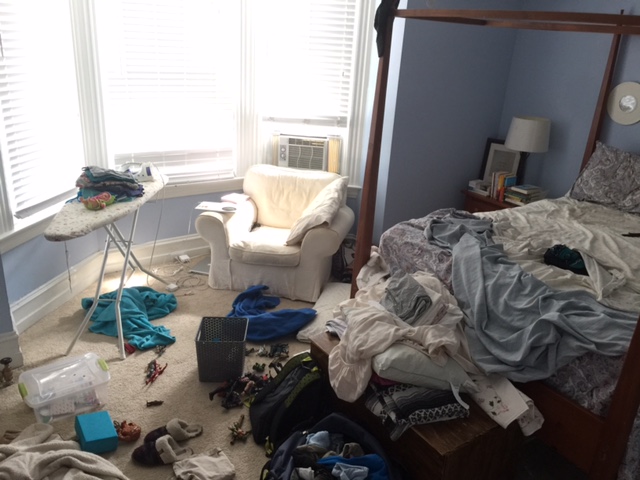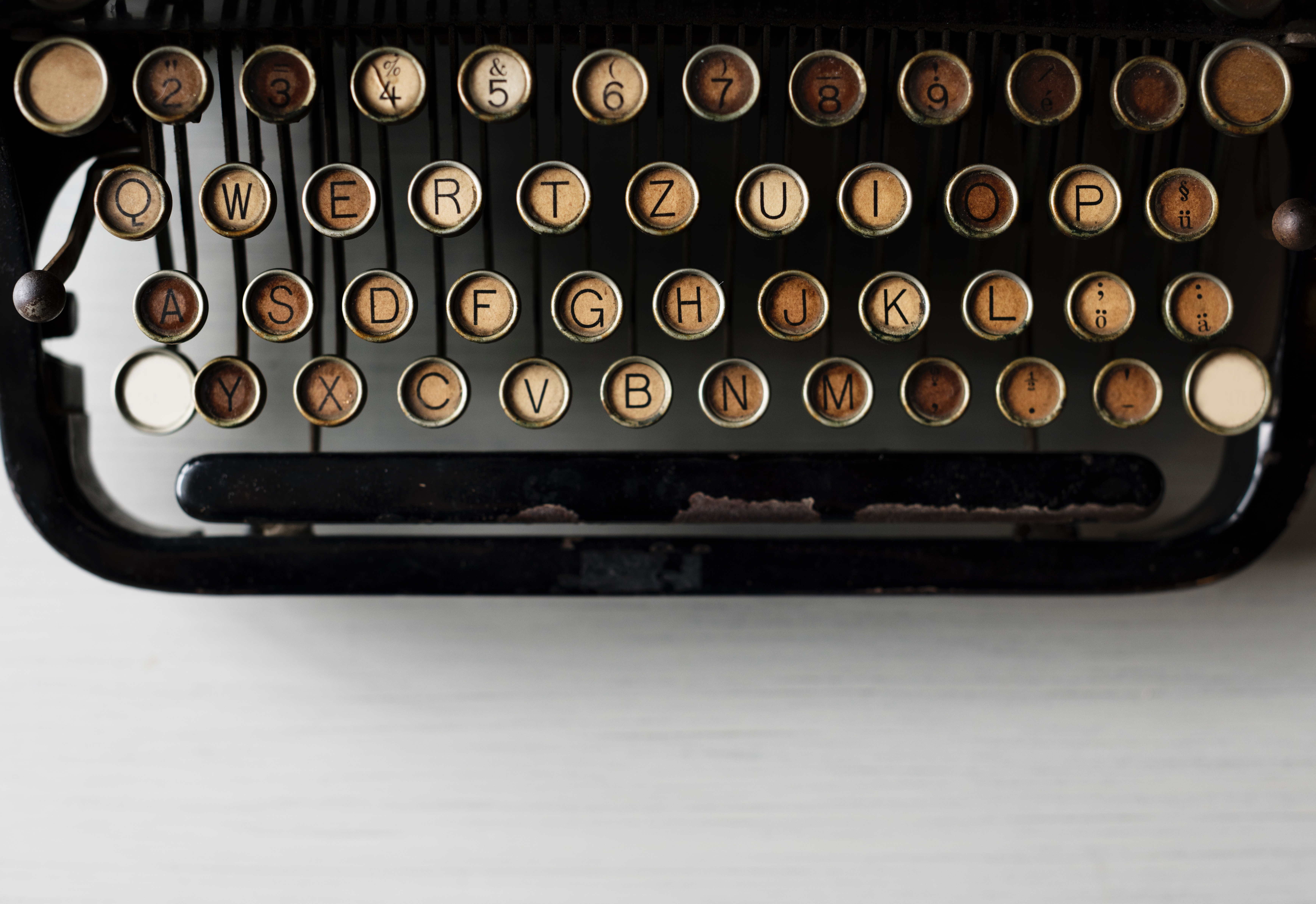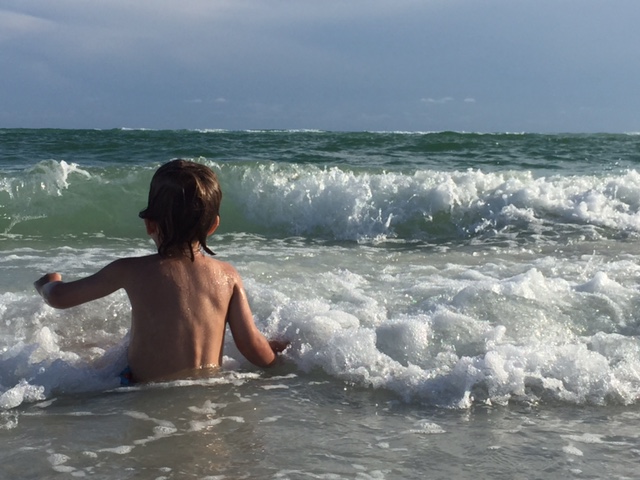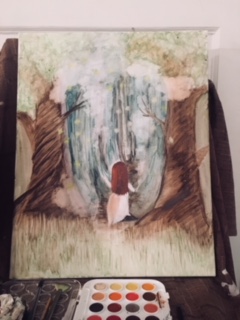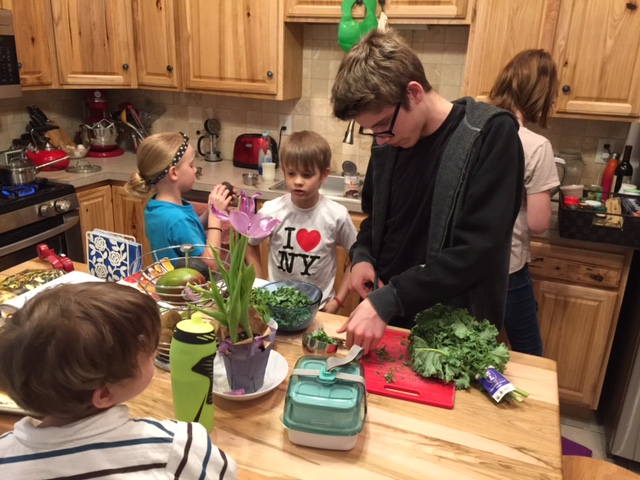One thing I’m learning about life is that it can be very easy to spend an inordinate amount of time on minor things and brush over major things as if they don’t even exist. I find this especially prevalent in the way people in the US practice Christianity, the way we run businesses, and the way parents interact with children. Also, marriage. For some reason, it can be easier to spend all of our time obsessing over minor issues when there are major things that are crying out for our attention. Maybe that’s the reason. Maybe occupying ourselves with minor things is a good way of avoiding the major things.
Anyway. As you may have read a few months ago in one of my most popular blog posts ever, we have made time for Maile to write again, but only after several difficult conversations and a wake-up call on my part that I wasn’t extremely proud of. Such is life. I allowed myself over time to get caught up in minor things and completely missed something my wife desperately needed: time to write.
I was reminded of this again yesterday when I arrived in our bedroom aka dumpster aka heap of stuff.
In my experience as a married person, as time has passed, we have naturally divided up the household responsibilities. We are nearly 20 years in, so by now we have certain things we take care of. I try to do the dishes in the morning and fold a few loads of laundry before I go to work, and Maile takes care of the kids and the house during the day – a huge undertaking – and then we divide and conquer at night. On Saturdays, everyone pitches in.
But some duties get cast into a kind of neutral zone where whoever gets sick of something first will take care of it. The kitchen floor is generally one of these things, and as it gets gradually worse and worse I am usually the first person to cave and wash it. As I’m washing it, I usually look up at Maile and she gives me a grin and says, “I knew you couldn’t take it much longer.” Our room is generally the area where Maile gets sick of the mess first and takes care of it. Actually, she usually keeps it very clean.
At least, until she hung out with Christie Purifoy and Amy Knorr at the Festival of Faith and Writing. Maile asked Christie how she did it – how did she write and raise children and take care of the house? Christie smiled and told Maile that when she was in the depths of a project, sometimes things didn’t get done. She got behind on the laundry. Or picking up around the house. Or cleaning the bedroom. She fed the kids easy food and let them entertain themselves and did what it took to make time to write.
Yesterday, I walked into our bedroom aka dumpster aka heap of stuff, sat on the bed, and finished up some writing I needed to do. I could have tidied up. I’m not saying it’s solely Maile’s responsibility. But we’re both busy, we’re both creating, we’re both living, and it’s just not at the top of the list right now. It’s in the neutral zone, waiting for someone to grow tired of it. And that’s okay.
As I was working, Maile came in with the biggest smile on her face.
“Only a few thousand words to go,” she said. “I’m at 56,000 words, and I think it’s almost finished.”
I congratulated her. She will finish by the end of the week. What an accomplishment.
She looked around the room.
“I know the house is a wreck,” she said, still smiling, “but I just keep thinking about what Christie said. I’m going to get this book written, and then we can get back to some kind of normal.”
I’ve never been so happy about having a messy bedroom. I think about the time that Maile has been able to put into arranging these words, the look on her face when she comes out and says she’s written 1200 words that day, or 1500 or 2000. I hear it in her voice when she wrestles with a character or a plot point or something she hadn’t expected. She goes deeper into her writing than I do. She comes out dazed, like someone just baptized.
There is so much we are learning, so much about being married and doing what you love while serving each other and not letting the minor things write our story.
We’re getting there. And we’re learning a lot along the way.
* * * * *
If you’d like to help us afford some kind of cleaning service, you could buy one of my books. Just kidding. Any extra money will pay for Cade’s braces.

